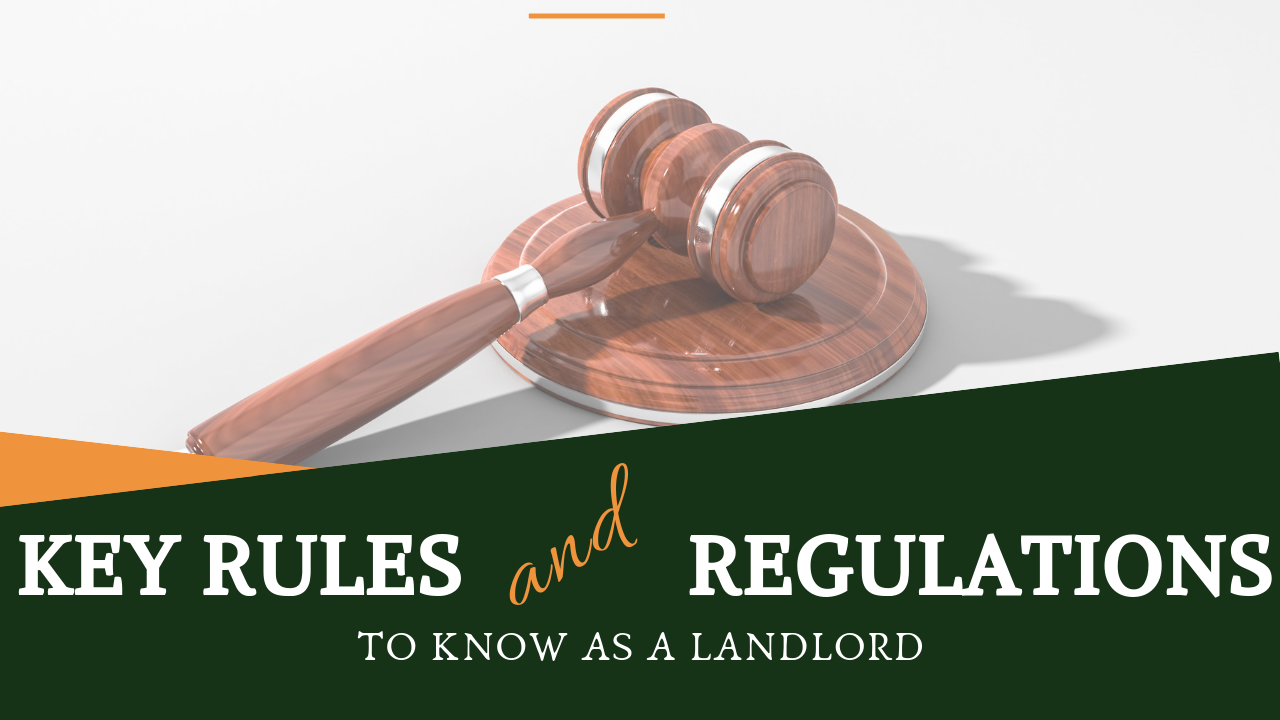
As a Colorado Springs landlord, you’ll need to understand all of the state, federal, and local laws that apply to rental property and the way you manage your tenants. Legal mistakes can be expensive. For example, if you make an error with your tenant’s security deposit, you can be fined treble damages.
Get to know the laws, and keep up with the changes. If you don’t have the time or the interest in knowing the legal requirements, make sure you’re working with an attorney or a property manager who can keep you out of trouble.
A few key laws are absolutely critical to understand, and we’re taking a look at those today.
Fair Housing Laws
Federal fair housing laws require you to avoid discriminating against seven key protected classes when you’re marketing your home, screening your tenants, or leasing your property. You cannot make decisions based on a tenant’s:
- Race
- Religion
- National origin
- Sex
- Disability
- Familial status
- Color
Colorado offers additional protections to tenants. You cannot discriminate based on any of those federal classes and you also cannot discriminate based on creed, sexual orientation, marital status, or ancestry. You county or municipality may have additional protected classes as well.
It’s not enough to know these laws; you have to be careful not to violate them. It’s easy to think that you wouldn’t discriminate against anyone, but if you place an ad and say your property isn’t appropriate for children, you’re violating fair housing laws. If you deny a tenant’s application because they need a wheelchair and you don’t have wheelchair ramps, you will find yourself in trouble.
Security Deposit Requirements in Colorado
In Colorado Springs, you can charge as much as you want in a security deposit. There are no legal restriction. However, you must be careful when you’re returning the security deposit. According to Colorado law, you have to return the tenant’s deposit within 30 days of move-out. Some leases will stipulate that the landlord has 60 days. That’s the maximum, however.
It’s also important to know the legal requirements when you’re keeping money from the deposit. Make sure you can document and defend any deductions you make. You’ll have to provide your tenants with an itemized accounting that shows why you withheld funds. You cannot charge the tenant’s deposit for wear and tear; it must be for clear damage or unpaid rent and utilities.
Service Animals and Support Animals
 A hot topic recently on the legal landscape has been service animals and support animals. You don’t have to allow pets in your rental property. However, if a tenant with a disability applies to live in your property and is qualified, you have to allow their service or support animal. You cannot treat it like a pet because the law says it isn’t a pet. It’s an accommodation. Legally, you are not allowed to charge a pet fee or a pet deposit. You cannot restrict breed, size, or age.
A hot topic recently on the legal landscape has been service animals and support animals. You don’t have to allow pets in your rental property. However, if a tenant with a disability applies to live in your property and is qualified, you have to allow their service or support animal. You cannot treat it like a pet because the law says it isn’t a pet. It’s an accommodation. Legally, you are not allowed to charge a pet fee or a pet deposit. You cannot restrict breed, size, or age.
There are a lot of other laws and regulations to be aware of. For example, you need to provide notice before raising the rent or entering a property. You must make certain disclosures in your lease agreement. For a complete background on the laws and regulations that you need to understand, contact us at Muldoon Associates. We’d be happy to tell you more.
